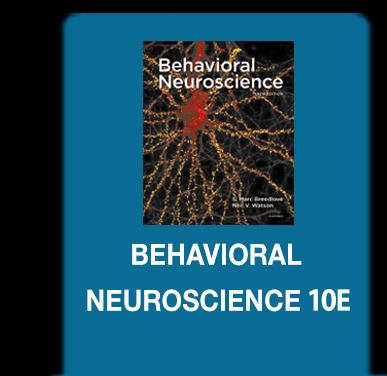Links for Keyword: Huntingtons
Follow us on Facebook or subscribe to our mailing list, to receive news updates. Learn more.
The cells were injected through a drill-hole in the skull A BBC documentary has followed the first ever UK operation using transplanted foetal brain cells in an attempt to halt a devastating disease. Huntington's Disease is caused by a single faulty gene, and causes gradual and invariably fatal decline. Parents who carry it have a 50% chance of passing it on to their children.
Related chapters from BN: Chapter 11: Motor Control and Plasticity
Related chapters from MM:Chapter 5: The Sensorimotor System
Link ID: 590 - Posted: 10.20.2001
Trial drugs for Huntington's Disease inconclusive in
slowing disease
A large-scale clinical trial that tested the ability of the investigational drugs
remacemide and Coenzyme Q10 to slow the progression of Huntington's disease
showed that neither drug resulted in any significant improvement for the patients.
Although after one year of treatment, the disease seemed to progress more slowly in
patients treated with Coenzyme Q10, the investigators say that overall the results are
inconclusive as to whether there is real benefit from this drug. The study is published
in the August 14, 2001, issue of Neurology.* "A Randomized, Placebo-Controlled Trial of Coenzyme Q10 and Remacemide in
Huntington's Disease (CARE-HD);" Huntington Study Group; Neurology Aug. 14,
2001; 57: 397
Related chapters from BN: Chapter 11: Motor Control and Plasticity
Related chapters from MM:Chapter 5: The Sensorimotor System
Link ID: 450 - Posted: 10.20.2001
Huntington's disease: Italian discovery may suggest a new approach for developing therapies Like a good parent, a protein called huntingtin helps to safeguard key nerve cells in the brain. When the huntingtin protein is defective, however, certain neurons can become damaged, resulting in Huntington's Disease, a debilitating and fatal form of brain degeneration characterized by physical, mental and emotional disturbances. The discovery of one of normal huntingtin's exact functions within the brain--to be published online by the journal, Science, as part of the Science Express web site on 14 June--suggests novel therapeutic strategies to fight the disorder.
Related chapters from BN: Chapter 11: Motor Control and Plasticity
Related chapters from MM:Chapter 5: The Sensorimotor System
Link ID: 308 - Posted: 10.20.2001
Understanding Huntington's Disease Researchers implicate a second protein in the debilitating illness Researchers are inching ever closer to a treatment for the inherited neurodegenerative disorder Huntington's disease (HD). Following close on the heels of recent optimistic reports on fetal cell implants1,2 comes a report from Johns Hopkins University that sheds light on a possible mechanism of neuronal destruction in HD.3 The work reveals possible new drug targets. Legendary folksinger Woody Guthrie's fight with HD brought the disease into the public eye in the 1960s. Today, some 30,000 people in the United States are affected by the late-onset, autosomal dominant condition. Early symptoms--such as anger or depression, repetitive fidgety movements, and a clumsiness and tendency to fall--may go unnoticed for years. Neurological deterioration, reflecting cell death in the brain's striatum, typically continues for 15 to 20 years. The Scientist 15[8]:14, Apr. 16, 2001 © Copyright 2001, The Scientist, Inc. All rights reserved.
Related chapters from BN: Chapter 11: Motor Control and Plasticity
Related chapters from MM:Chapter 5: The Sensorimotor System
Link ID: 247 - Posted: 10.20.2001


.gif)

